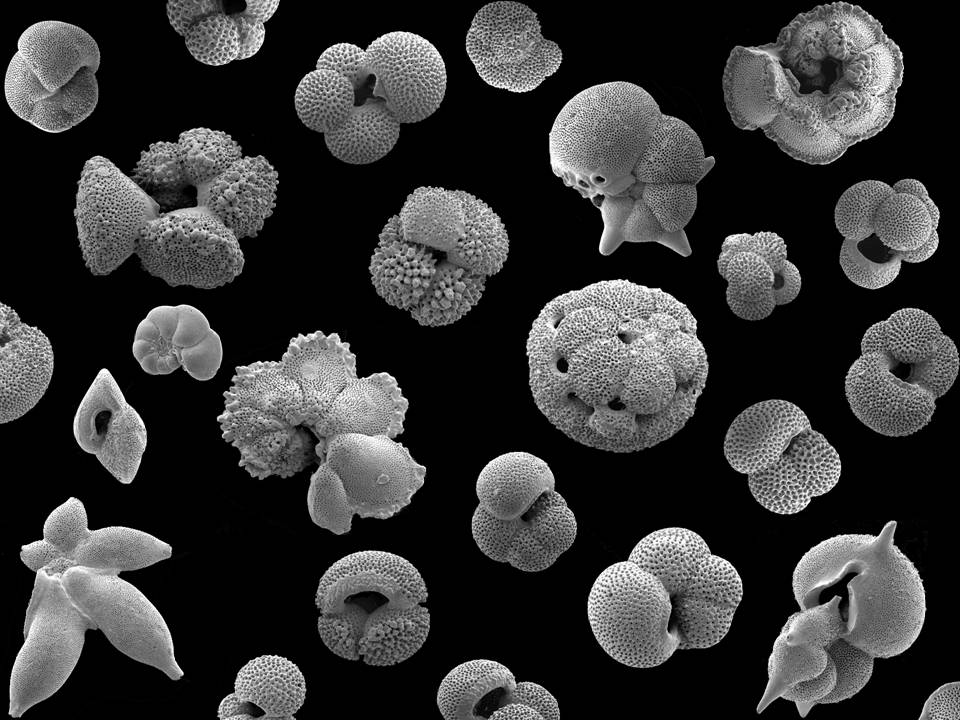April 15, 2022 at 10:30am CST
Speaker: Adam Woodhouse, Postdoctoral Fellow, University of Texas Institute for Geophysics
Host: Chris Lowery & John Goff
Title: Triton: Applications of the largest species-level fossil occurrence database to marine macroevolution and paleoclimate development
Abstract: The Cenozoic planktonic foraminiferal fossil record is the best species-level fossil record available to science. As such, the construction of the novel planktonic foraminiferal occurrence database, Triton (Fenton & Woodhouse et al. 2021), allows for prospection of deep-time marine biogeography dynamics in response to changing global climate on an unprecedented spatio-temporal scale. Here, I demonstrate how the Triton database is helping address our understanding of marine evolution:
- Cenozoic climate development has shaped the evolution of the planktonic foraminifera, and these patterns are persistent within Triton. However, there are inherent biases which exist within sampling strategies used to generate geological datasets, and Triton is no exception. I show how these strategies, coupled with sedimentological features that affect the deep-sea drilling record, shape the marine micropaleontological record.
- The Triton record indicates that paleolatitudes of speciation have varied with regard to the underlying global climate conditions of the Cenozoic. I show that the Greenhouse regime of the early Paleogene was dominated by speciation further from the equator, in contrast to modern, cooler Icehouse patterns. As global temperatures declined, this was progressively complimented by lower latitude speciation, and this tropical speciation cradle now acts as the primary marine speciation cradle which defines the modern latitudinal biodiversity gradient.
- Preliminary work using bipartite networks to analyze the Triton dataset reveal fascinating networking patterns within the spatial distribution of ecological and morphological groups. I demonstrate how species specificity patterns within the planktonic foraminifera suggest that there has been a latitudinal shift of ecological generalists towards the equator over the last 10 million years, discussing the potential drivers.
As anthropogenic forcing pushes global climate state towards regimes not experienced for millions of years, understanding how marine biogeography and biodiversity responds through deep-time will potentially allow for greater mitigation of present and future biodiversity crises.


